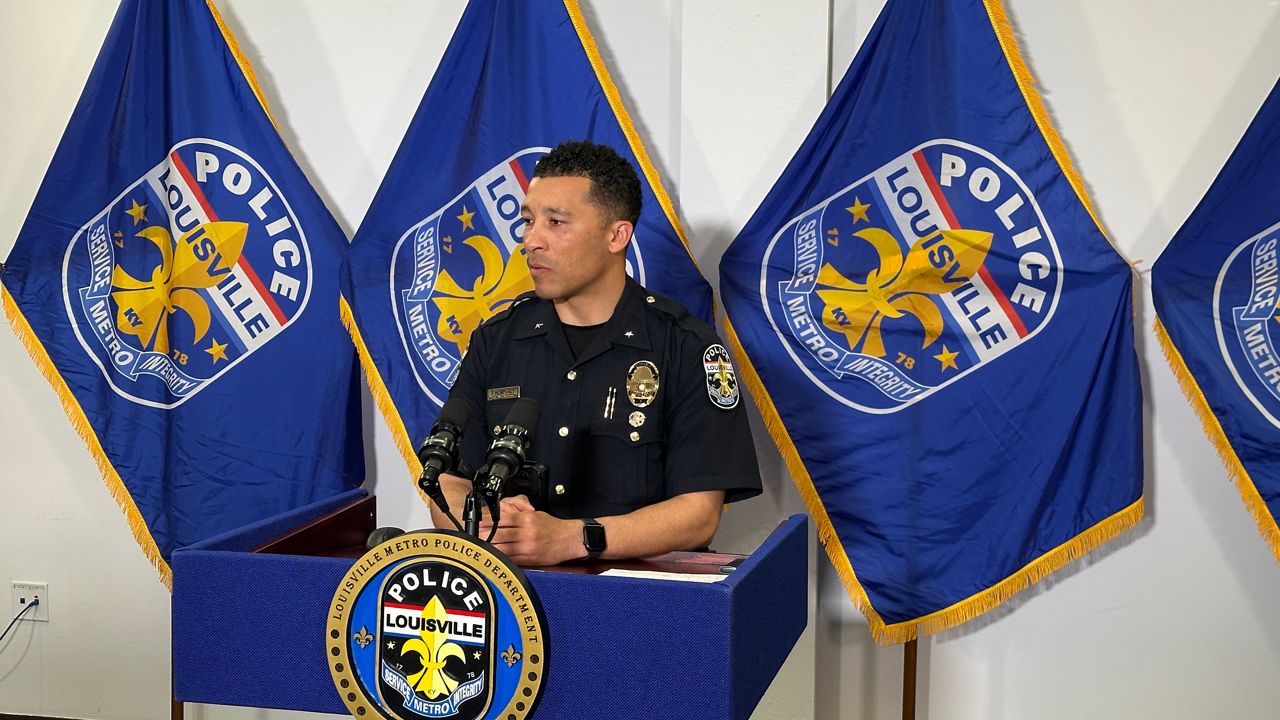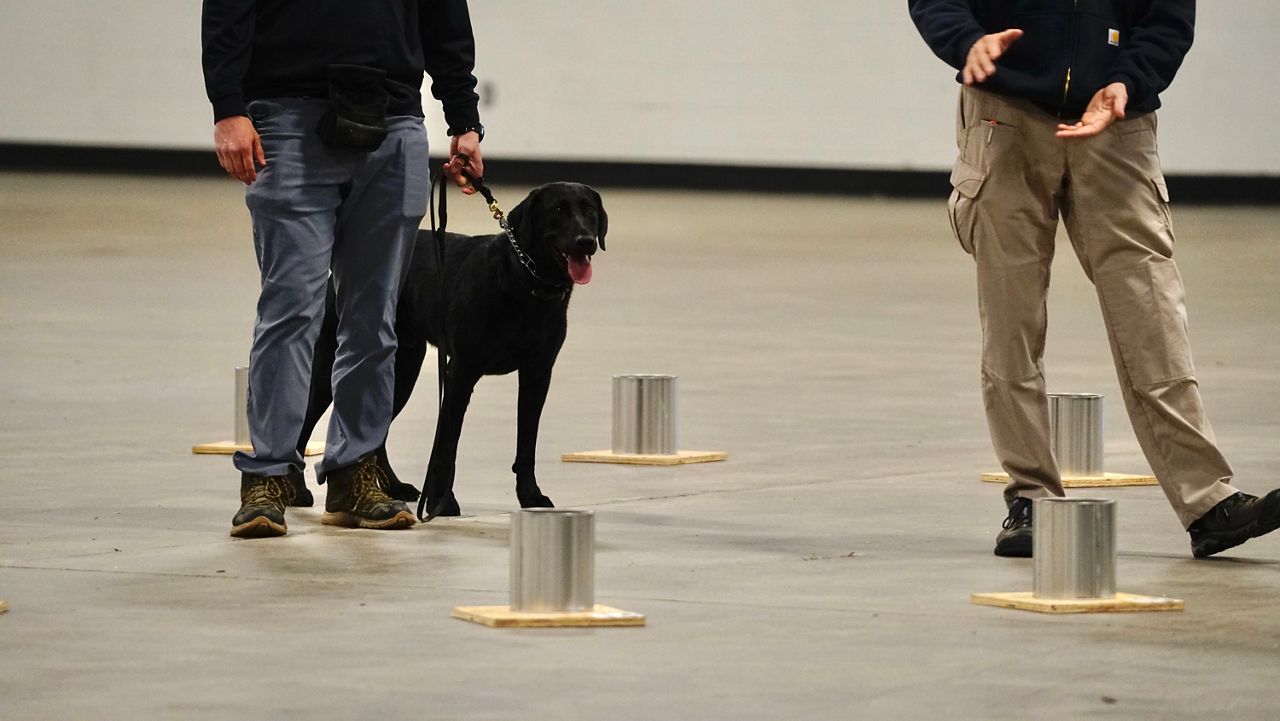LOUISVILLE, Ky. — Researchers say there are too many patients and too few specialists to conduct the interviews and examinations needed for the autism diagnosis. To address the problem, researchers are leaning on new technology.
University of Louisville researchers have unveiled a new Artificial Intelligence tool capable of diagnosing autism in children as young as two years old with 98.5% accuracy.
For close to 20 years, Dr. Gregory Barnes has been developing the technology.
“Software that analyzes MRI images to objectively diagnose autism between 12 to 36 months of age,” said Barnes.
He’s co-invented the software with professor Ayman El-Baz at the UofL Speed School of Engineering and Manuel Casanova of the UofL School of Medicine.
The software’s high accuracy can lead to earlier diagnoses and earlier intervention.
“Studies that we have done in children this age show that the outcomes are much better for children are much better if they have that earlier intervention in terms of supports,” said Barnes.
And the invention can be accessed anywhere.
“We made it in a cloud system so it can be accessed even world-wide, so they can upload the data and analyze the brain cortex,” said El-Baz.
The concept combines medicine and engineering, working together to improve lives.
“I have very special reason for all of what I do with autism and that is that I have a 30-year-old son who has an autism diagnosis and we certainly want to be sure through our professional efforts that we leave a legacy not only to help my son but also to help other families,” said Barnes.
UofL says that with their technology, AI can make the initial autism diagnosis, which researchers think could reduce specialists’ workload by as much as 30%, leading to more time to treat patients.










